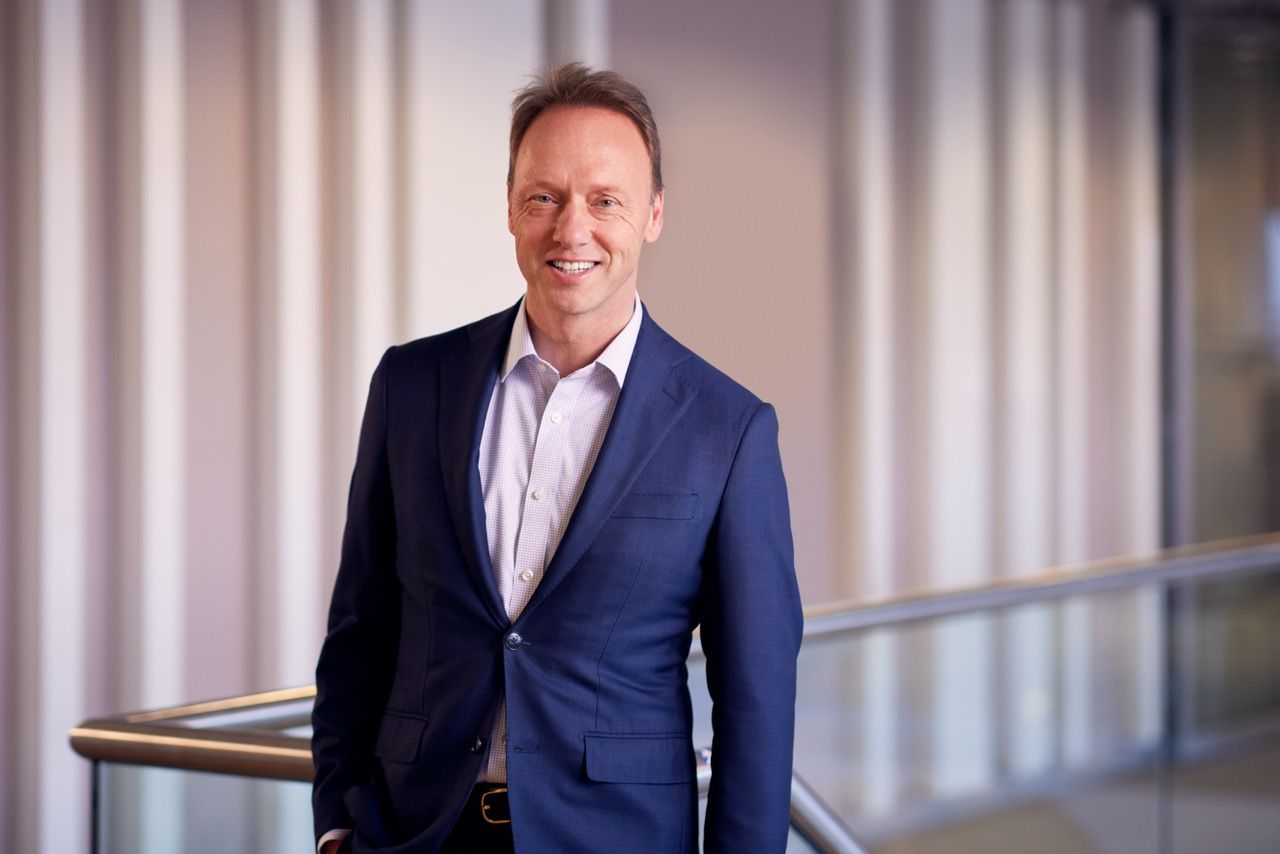
Unilever CEO Hein Schumacher expects bolt-on acquisitions to serve his premiumisation agenda within an action plan to restore market share.
Schumacher revealed the Growth Action Plan in October but Warren Ackermann, the head of consumer staples at Barclays, drummed the CEO yesterday (14 December) on what might be different than measures taken by his predecessor to regain Unilever’s competitiveness.

Discover B2B Marketing That Performs
Combine business intelligence and editorial excellence to reach engaged professionals across 36 leading media platforms.
“There are some key differences. First of all, we have talked about doing fewer things better with greater impact,” Schumacher said during Barclays’ ‘fireside’ chat event. “We’re making real choices when it comes to what areas we want to focus on for top-line growth – talk about market development, talk about superiority.”
As Schumacher confirmed around 20% of SKUs have been taken out of the portfolio in Europe since he joined Unilever on 1 July, he emphasised premiumisation, impactful innovation and cost savings as key elements to restore volumes and the gross margin to the pre-pandemic levels of circa 44%.
“I want to take complexity out of the portfolio where we can. But here and there, where there is something really good, then we are keen to fill the gaps on the premium portfolio, and that’s what we are doing,” he added in terms of bolt-on deals.
In pursuit of his objectives, Schumacher has reorganised the management structure around internal personnel, effective from 1 January, with Unilever’s so-called 30 power brands a key area of focus of the action plan.

US Tariffs are shifting - will you react or anticipate?
Don’t let policy changes catch you off guard. Stay proactive with real-time data and expert analysis.
By GlobalData“We need to embark on journeys for our top brands on multiple-year innovations, making sure that we develop the category, create value for our customer and for ourselves. And that means more premiumisation. It means bigger and more scalable bets,” he explained.
Within Unilever’s five business groups, volumes in the two food components – nutrition and ice cream – remain laggards compared to the other areas of the portfolio. Schumacher avoided addressing Ackermann’s question directly yesterday when asked if ice cream might be spun off but he did outline his priorities for the category.
“It’s not just a marketing job and premiumisation, it is truly managing the whole shooting match from the top line, the supply chain, making sure your cost structure works, et cetera, because in ice cream, you make your money in five months a year, generally.
“And so, there’s a lot of things that need to come together. Our cost structure at this moment is not acceptable on ice cream. And that means we’re working through that. We’re making changes already.”
Schumacher explained the market dynamics in ice cream had changed, with Unilever facing competition from “pure ice-cream players”.
“If you think about it, ten years ago, 15 years ago, ice-cream competition was very much companies like ours that also had ice cream. And it means that we need to make sure that we run the ice-cream business as an ice-cream business. That’s what the new organisation unlocks.”
Within nutrition, Schumacher provided an example of the pruning already made during his short tenure, noting Unilever had 261 recipes of tomato soup, which has now been whittled down to 100.
“I don’t know how many we need, Warren, but we need less than 261. It simplifies the supply chain, it simplifies procurement, and it helps to grow the business. I’m very convinced about that.”
Unilever’s gross margin has dropped to 40% compared to a pre-pandemic level of 44% but the CEO signalled the start of 2023 as an “inflection point” in the restoration process.
“There is a way to go, and we’re going to build on that,” Schumacher said, pinpointing a timeframe of 2025-26 under what he has termed a “moderate margin expansion”.
“Gross margin needs to improve further. We were down 400 basis points since pre-pandemic. That was simply not acceptable. Yes, it’s growing now, but we need to continue to grow it, not just based on price and mix and so forth on the top line, but also by reducing cost.”





